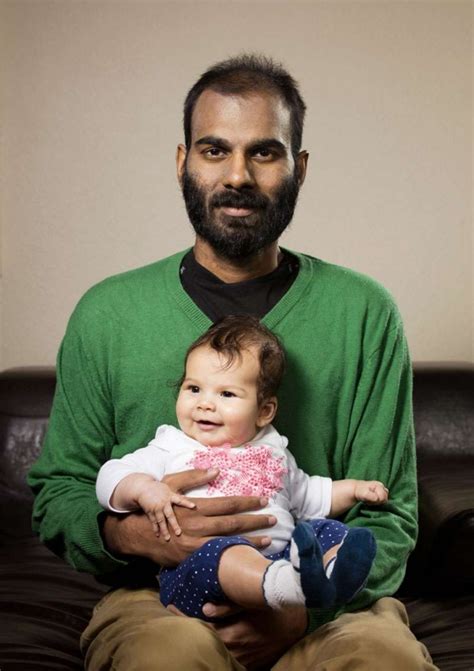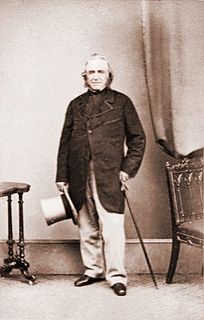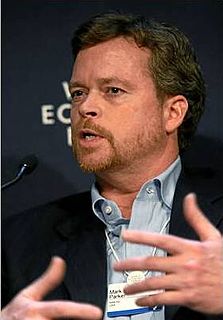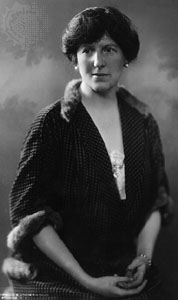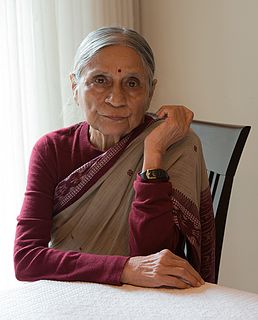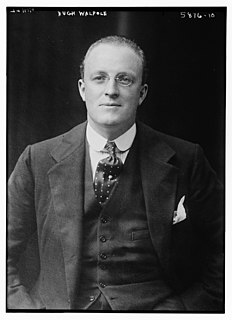A Quote by Paul Kalanithi
Science may provide the most useful way to organize empirical, reproducible data, but its power to do so is predicated on its inability to grasp the most central aspects of human life: hope, fear, love, hate, beauty, envy, honor, weakness, striving, suffering, virtue.
Related Quotes
To be lovingly present through the primal, naked pain that marks aspects of birth, and to be lovingly present through the difficult, heart-wrenching ending that marks aspects of death is to learn about life and love. Fear may be strong but love is stronger. Learning how to love includes learning how to make room for and transform fear. Learning how to live involves learning how to die. Love alone is the most potent power illuminating the breath's journey in between these thresholds. Love is the key. Love is the dance.
To the love of pleasure we may therefore ascribe most of the agreeable, to the love of action we may attribute most of the useful and respectable, qualifications. The character in which both the one and the other should be united and harmonised would seem to constitute the most perfect idea of human nature.
The weak are not a noble breed. Their sublime deeds of faith, daring, and self-sacrifice usually spring from questionable motives. The weak hate not wickedness but weakness; and one instance of their hatred of weakness is hatred of self. All the passionate pursuits of the weak are in some degree a striving to escape, blur, or disguise an unwanted self. It is a striving shot through with malice, envy, self-deception, and a host of petty impulses; yet it often culminates in superb achievements.
Out of all virtues simplicity is my most favorite virtue. So much so that I tend to believe that simplicity can solve most of the problems, personal as well as the world problems. If the life approach is simple one need not lie so frequently, nor quarrel nor steal, nor envy, anger, abuse, kill. Everyone will have enough and plenty so need not hoard, speculate, gamble, hate. When character is beautiful, you are beautiful. That is the beauty of simplicity.
Women deluded by these sentiments, sometimes boast of their weakness, cunningly obtaining power by playing on the weakness of men; and they may well glory in their illicit sway, for, like Turkish bashaws, they have more real power than their masters: but virtue is sacrificed to temporary gratifications, and the respectability of life to the triumph of an hour.
Envy, jealousy, ambition, any kind of greed are passions; love is an action, the practice of human power, which can be practiced only in freedom and never as a result of compulsion.
Love is an activity, not a passive affect; it is a "standing in," not a "falling for." In the most general way, the active character of love can be described by stating that love is primarily giving, not receiving.
The most wonderful of all things in life is the discovery of another human being with whom one's relationship has a growing depth, beauty and joy as the years increase. This inner progressiveness of love between two human beings is a most marvelous thing; it cannot be found by looking for it or by passionately wishing for it. It is a sort of divine accident, and the most wonderful of all things in life.
